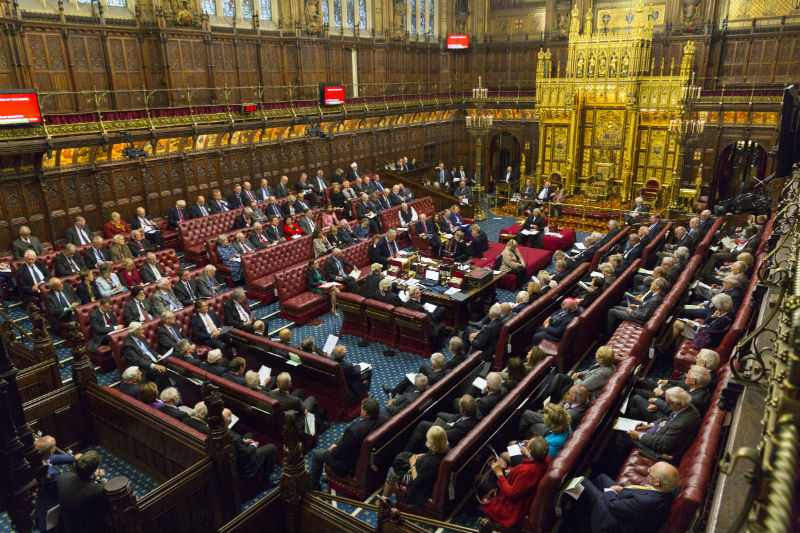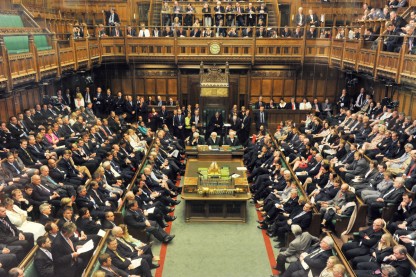
What has to happen for a Bill to become a law?
In order to become an Act of Parliament a Bill will have to be passed by both the House of Commons and the House of Lords.
Do all Bills start in the House of Commons?
A Bill may start in either the House of Commons or the House of Lords, with the exception of Finance Bills which always start in the House of Commons. A Finance Bill is introduced by the Government shortly after the Budget to bring the Government's tax proposals into law.
What stages does a Bill have to pass through to become law?
Before a Bill can become an Act of Parliament it must undergo a number of stages:
- The First Reading
- The Second Reading
- The Commitee Stage
- The Report Stage
- The Third Reading
- Royal Assent
What is a First Reading?
At a First Reading, the title of a Bill is read out and copies of it are printed but no debate takes place. There will be a vote on whether the House wishes to consider the Bill further.
What is a Second Reading?
At a Second Reading, the general principles contained in the Bill are debated by MPs.
Frequently the second reading stage is the point at which public attention becomes drawn to the proposal through press coverage and, on occasion, vociferous campaigns for and against the Bill by groups affected by it.
At the end of this debate a vote is taken and a majority of the Members of Parliament must be in favour of the Bill in order for it to progress any further.
What is the Committee Stage?
At this stage a detailed examination of each clause of the Bill is undertaken by a committee of between 16 and 50 MPs.
The committee subjects the Bill to line-by-line examination and makes amendments.
How is the Committee selected?
The committee which carries out these discussions comprises MPs representing the different political parties roughly in proportion to the overall composition of the House of Commons. There will therefore be a Government majority on the committee. However, an attempt is made to ensure representation by minority parties. The membership of the committee will usually be those Members of Parliament with a special interest in, or knowledge of, the subject of the Bill under consideration.
For Finance Bills the whole House will sit in committee, because Finance Bills are particularly complex.
What is the Report Stage?
A Bill that has been amended in committee stage is reviewed by the House in which it started. The amendments will be debated in the House and accepted or rejected. Further amendments may also be added.
What is a Third Reading?
This is the final vote on the Bill. It is almost a formality since a Bill which has passed through all the stages above is unlikely to fail at this late stage. In fact, in the House of Commons there will only be a further debate on the Bill if at least six MPs request it. In the House of Lords amendments may sometimes be made at this stage.
What role does the House of Lords play in the process?
The House of Commons and the House of Lords must finally agree on the text of a Bill. If a Bill started life in the House of Commons it is now passed to the House of Lords where it goes through all the stages outlined above.
If the Bill started in the House of Lords it then passes to the House of Commons and travels through the same stages discussed above but in the House of Commons.
Can the House of Lords stop a Bill becoming law simply by voting against it?
No. If the House of Lords votes against a Bill it can go back to the House of Commons and become law if the House of Commons passes it for the second time.
The reason for this is that the House of Lords is not an elected body and its function is to refine and add to law rather than oppose the will of the democratically elected House of Commons.
There have only been a few occasions whne the House of Lords has rejected a Bill from the House of Commons: the War Crimes Bill in 1991, the European Parliamentary Elections Bill in 1998, the Sexual Offences (Amendment) Bill in 2000 and the Hunting Bill in 2004.


Rate and Review
Rate this article
Review this article
Log into OpenLearn to leave reviews and join in the conversation.
Article reviews